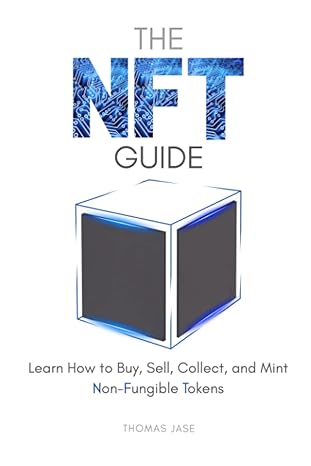Question
An investor can exchange his/her bond into shares of common stock in the company issuing the bond if the investor has a(n): A) discount bond.
An investor can exchange his/her bond into shares of common stock in the company issuing the bond if the investor has a(n):
A) discount bond. B) transfer bond. C) convertible bond. D) appreciation bond.
71. Common stockholders possess a ________ that gives them the first right to purchase any new shares of common stock the firm decides to issue. This allows common stockholders to maintain a proportional share of ownership in the company.
A) participating right B) preemptive right C) cumulative right D) convertible right
73. The New York Stock Exchange and the American Stock Exchange are both examples of:
A) limited partnerships. B) regional exchanges. C) unlimited exchanges. D) national exchanges.
74. Juanita knew that Mississippi Industries stock was currently selling for $35 a share. She told her broker to buy 100 shares in Mississippi Industries if the price dropped to $33. Juanita has placed a:
A) market order. B) limit order. C) margin order. D) confirmation order.
75. Stock in Olympia Oil Refineries was selling for $150 per share when the company's board of directors declared a three-for-one stock split. The probable price per share after the split was:
A) $450. B) $ 50. C) $350. D) $100.
76. Thomas owns a business that exports goods to France. He has traveled to France on numerous occasions and has developed a taste for fine French wines. Thomas has just heard a report on the radio that indicates that the dollar has risen dramatically relative to the French franc. Thomas can expect that:
A) American goods will become less expensive in France.
B) French wines will become less expensive in the United States.
C) French wines will become more expensive in the United States.
D) the French government will place an embargo on American exports.
77. An increase in the rate of inflation would be most likely to result from a(n):
A) decrease in spending by the federal government. C) rise in interest rates.
B) rise in the unemployment rate. D) increase in the supply of money in circulation.
78. A large decrease in the money supply would tend to:
A) reduce the supply of gold held by the federal government.
B) create shortages that would cause prices of goods and services to rise.
C) throw the economy into a recession.
D) reduce the size of the federal government's deficit.
Step by Step Solution
There are 3 Steps involved in it
Step: 1

Get Instant Access to Expert-Tailored Solutions
See step-by-step solutions with expert insights and AI powered tools for academic success
Step: 2

Step: 3

Ace Your Homework with AI
Get the answers you need in no time with our AI-driven, step-by-step assistance
Get Started


